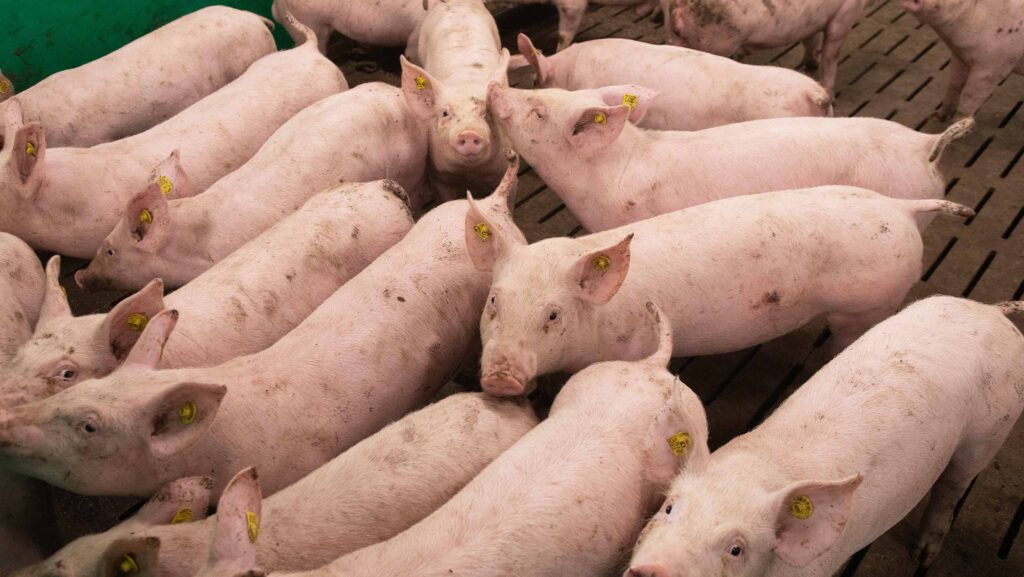£1m deal to close pig farm unlocks permission for 1,400 houses
 © Tim Scrivener
© Tim Scrivener Almost 1,400 new homes are due to be built in Norfolk, after a farmer was paid nearly £1m to stop keeping livestock in the area.
Natural England (NE) issued advice to 74 planning authorities in 2022, preventing them from granting permission for housing unless nutrients from the developments could be offset.
One way for developers to offset nutrient output is to buy credits created from the shutting down of livestock production on farms.
See also: Nutrient neutrality payments of millions threaten milk supply
In Norfolk, the first deal of this kind has been struck, after farmer James Daniels was paid almost £1m by council-owned company Norfolk Environmental Credits (NEC) to stop pig farming.
The agreement prevented Mr Daniels from keeping livestock of any kind on land he owned, situated on either side of the A47 bypass to the south of Norwich, though it can still be used for other agricultural purposes.
Phil Courtier, director of place at Broadland and South Norfolk councils, told Farmers Weekly advice from NE had left local authorities in a position where 16,000 planned homes could not be built, and the farm deal was a “quick and easy” way to ensure some would get the go-ahead.
“That site was prime because it was on sloping land, with the River Tas on one side and the River Yare on the other. So many nutrients from that pig farm were going into the watercourses,” he said.
“We had a number of small- and medium-sized builders who were on the verge of bankruptcy who are not bankrupt because they were able to buy credits arising from the cessation of pig farming on this relatively small holding.”
Industry commentators have previously warned that nutrient neutrality payments could affect food production, with the dairy sector particularly worried about the potential impact on milk supply.
Mr Courtier said he was aware of this concern and the councils involved in the deal had no plans to strike any others, despite several offers from landowners.
“I don’t want to suddenly be in a process where we have large-scale change of use of land away from agricultural purposes, not least because of the food security issue,” he added.
He also said councils were more likely to pursue other avenues such as septic tank conversion to achieve nutrient neutrality as they would generate more credits.
